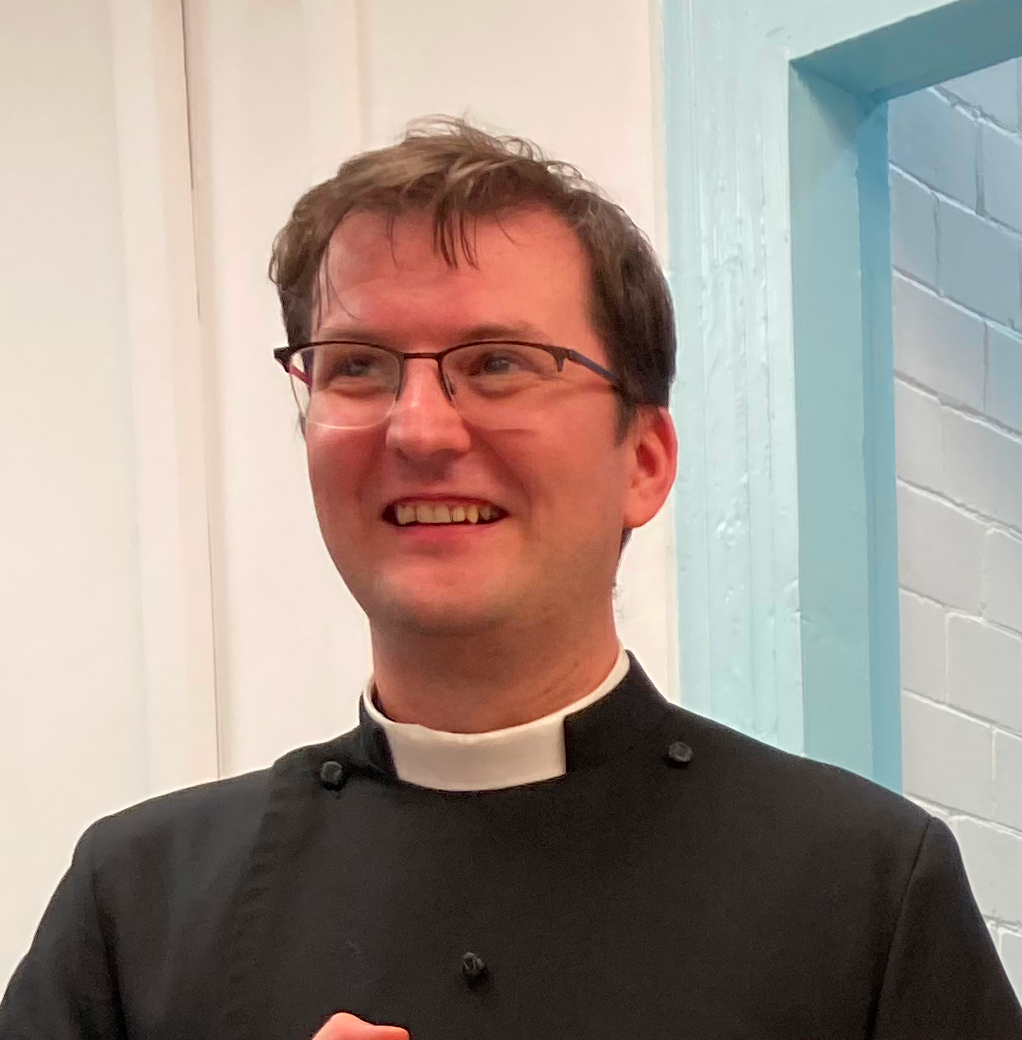|
When I was at theological college a favourite discipline was the giving up meat for Lent. In my second year there I decided I too would take on this discipline. Now I really love meat of all kinds, so giving it up would be a big sacrifice. No one believed I was going to do this as I nearly always ate out on ‘meat free’ days in college. Now I must admit if ever there was an error in the kitchen and not enough vegetarian food had been prepared I was the first to volunteer to eat ‘normal’ food so real vegetarians didn’t go hungry. So I might not have kept the full 40 days, however this was one way I could make the liturgy of the church part of my everyday life and a away I could engage with Christians down the ages who have taken on similar practices. It also made my enjoyment of the Easter Lunch all the more complete!
Lent is a significant period for Christians around the world, especially for those in the Roman Catholic, Anglican, and Orthodox traditions. The observance of Lent is a time of self-examination, repentance, and spiritual discipline that leads up to the commemoration of the crucifixion and resurrection of Jesus Christ during Holy Week. The history of Lent dates back to the early Christian church. The word “Lent” is derived from the Old English word “lencten,” which means “spring.” The season of Lent is a time for spiritual renewal and growth as we prepare to celebrate Easter. Lent is traditionally observed for 40 days, representing the 40 days that Jesus spent fasting in the desert before beginning his ministry. The observance of Lent is characterized by a spirit of penitence and reflection. During this time, Christians engage in spiritual disciplines such as fasting, prayer, and almsgiving. Fasting is a time-honoured tradition that has been observed by Christians for centuries. It involves abstaining from food or certain types of food as a way of focusing our attention on our spiritual needs. By denying ourselves the things that we normally enjoy, we can develop a greater sense of self-discipline and self-control. Prayer is another important aspect of Lent. Going back to my time in college, we were of course expected at morning and evening prayer services every day, but in Holy Week things stepped up several gears. The monks in the Monastery next door to the College were out leading Holy Week retreats in Parishes, so it fell to the college for us to continue the pattern of Daily Prayer in the Monastery Church. This meant services five times per day. This was a daunting prospect, but I found a peace I had not been expecting in taking on this extra prayer discipline. Almsgiving, or acts of charity, are also an important part of the Lenten season. By giving to those in need, we can demonstrate our love for others and our commitment to living a life of service to God. Acts of charity can include donating money or goods to a charity, or reaching out to someone in need. As Lent came to an end and we celebrated Easter, I felt a deep sense of gratitude and joy. I realized that the sacrifice I made had not only helped me grow spiritually, but had also allowed me to become more aware of the needs of others, and also to appreciate silence and reflection a lot more. This experience taught me that the observance of Lent is not just about giving something up, but about opening ourselves up to the transformative power of God's love which has been made known by the resurrection of Jesus. In addition to the spiritual practices of fasting, prayer, and almsgiving, a more recent Lenten discipline in the church has been a Lent Course. We will be running a Lent course on the Hymnody of the Church, exploring how scripture and theology has influenced hymnwriters. This course will take place at Emmanuel Church, Penyffordd on 28th February, 1st March, 7th March, and 21st March at 19:00. Join us as we delve into the rich history and tradition of hymnody and how it has shaped our worship and spiritual practice. A Holy Lent to you all
0 Comments
|
AuthorFr. Paul Wheeler Archives
May 2024
Categories |

 RSS Feed
RSS Feed